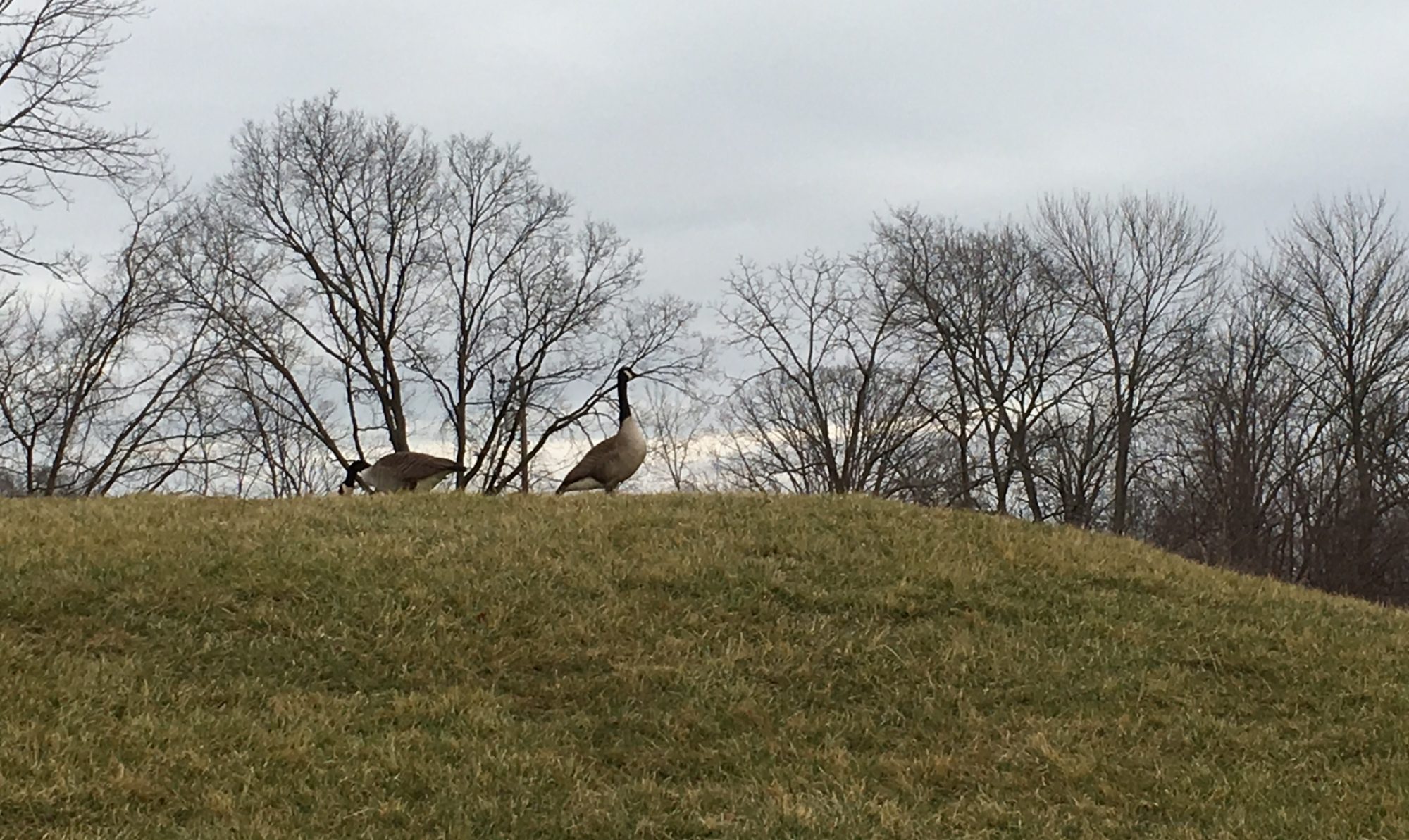
One evening, a few weeks ago, Derby was barking urgently at something in the yard. At first, I mistook the mound of feathers for a carcass, but when I poked it, the bird fluttered.
I groused. Why don’t injured things have the decency to die before showing up in my backyard? It hadn’t been a great day . . . week . . . two months. I was kind of out of sadness to spare for an unexpected tragedy.
At my request, my neighbor gathered the bird. “It’s a dove,” he declared, like a midwife. Declining to dispatch it shovel to head, he set the dove back in the field to fade away.
Two days later, Laura burst into the house. “The bird is back! Come on!”
Not helping the creature was not an option.
The dove had fluttered and hopped from the back field to our front yard. We placed him in a straw-lined box and then began searching for a place to take him.
My zookeeper friend, not willing that any creature should perish without a fight, sent phone number after number of bird rescues.
I was met with answering machines and incessant ringing. Finally, a woman called back only to fill my ear with her frustration with the government’s bureaucracy and their rules about not transporting injured birds over state lines. Much to her displeasure, her Ohio bird sanctuary couldn’t help us.
Throughout the evening, we checked on the bird, huddled on the mound of straw in the dark basement. We prayed to find someone who would take him before he died of starvation or fright.
The next morning, I dialed more numbers. A woman named Ginger answered. “Well, honey. I’m not taking any birds right now because I’m recovering from breaking my back. I’m 87 stinking years old. Don’t get old!” Ginger, it seemed, was raging against the dying of her light. “But my friend who rescues birds in Ohio—”the one who raged against the government—”is coming to help me clean out my cages today. If you bring your bird to me, I can ask my friend to take it to my vet. If the wing is broke real bad, he’ll euthanize it.”
Relief washed over me. I can’t abide a suffering thing.
Laura and I drove the bird about half an hour to Ginger’s sweltering little house decorated with the souvenirs of a life spent in Panama and other parts of the world as she worked in bird sanctuaries.
“There’s not another bird sanctuary for 3 hours,” she said. “No one wants to commit the time it takes.” When the dove fluttered in his cage, she said, “I know, baby. We’ll take care of you.” And then to us, “I can’t take the suffering. But at least you saved him from being torn apart by a cat. These songbirds are just helpless against most of their predators.”
“Is this silly?” I had asked Laura on the way there.
“Rescuing this bird?” She asked. “No. I don’t think so.”
I watched out the window at birds perched on telephone wires like a flighty tune and thought of Jesus pointing at birds 2,000 years ago. “Are you not of more worth than many sparrows?”
Somewhere between the bird’s broken wing, my weary soul, and our answered prayer, I felt His care—but not glibly as I might have many times before. Not cheaply or sentimentally. Just because He sees each sparrow doesn’t mean they don’t still fall. The world is still broken. The dove will likely die. But Ginger answered the phone. And the empty cage rattling around in the back of the car reminded me that the Father provided for this one small thing—a place to take a fallen bird.
“Let not your heart be trouble,”
His tender word I hear,
And resting on his goodness,
I lose my doubts and fears;
Though by the path he leadeth,
But one step I may see;
His eye is on the sparrow,
And I know he watches me.”
—Civilla Martin

It is good to be reminded what a mysterious mercy it is to be seen and cared about. Thank you for the reminder and the inspiration: https://lexpomo.com/poem/unfathomable-mercy/
LikeLike